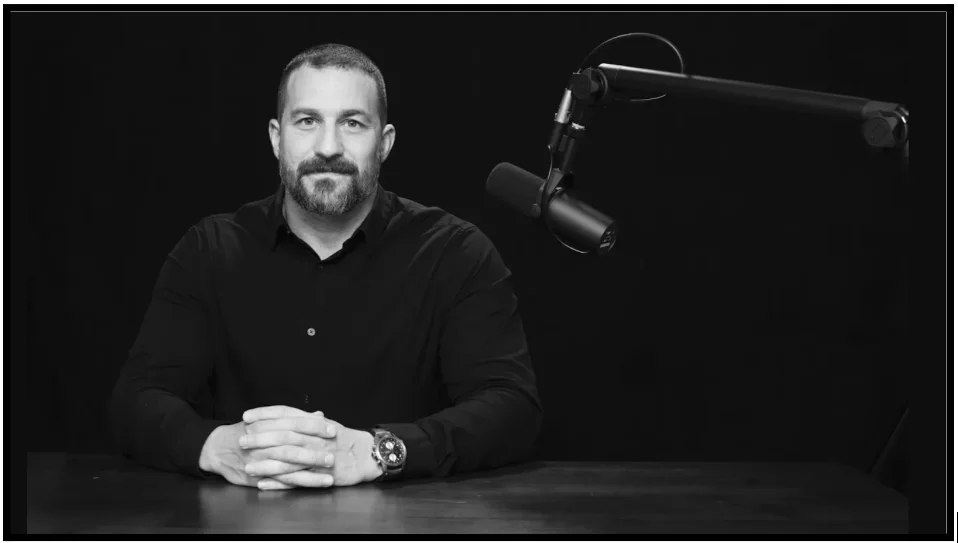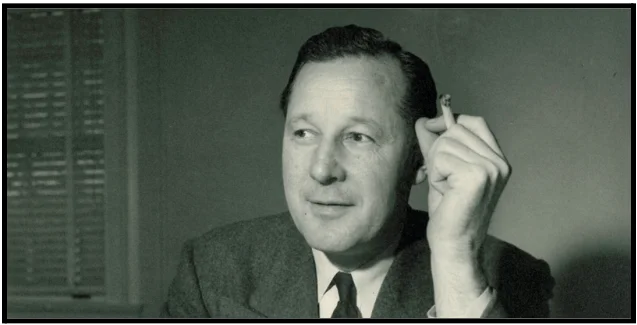Talking Big Ideas.
Take a deep breath, in and in again, find peace within.”
~ ChatGPT
(Next week we’ll launch our newsletter rebrand. I planned to do that today but got held up in transferring everything over. I apologize for the delay. I’m excited to share our launch piece with you next Friday!)
***
Today’s piece is short and useful.
Last month Stanford University published a study that’s getting lots of buzz in the health & fitness world. The results are exciting and you can apply them today to give yourself a quick boost.
Stanford divided participants into four groups. Each group spent one month doing a particular stress reduction technique for 5 minutes every day. All four exercises worked, but one clearly stood above rest when it came to elevating mood and reducing stress.
These are the four techniques. Guess which is the most effective before looking at the answer:
- Mindfulness Meditation: Get comfortable, close your eyes, and focus your attention on your forehead, between your eyes. When your attention drifts, simply bring it back to the spot on your forehead.
2. Cyclic Hyperventilation: Get comfortable, close your eyes, and do a breathing exercise similar to the Wim Hof Method:
- Inhale deeply and fully through your nose.
- Exhale calmly so your breath “passively falls out of the mouth.”
- Repeat this 30 times and then hold your breath for 15 seconds.
- Repeat the above for 3 rounds or until the 5 minutes is up.
3. Box Breathing: Get comfortable and watch a timer. Inhale for 4 seconds, hold for 4 seconds, exhale for 4 seconds, and hold for 4 seconds. Repeat the “box pattern” until the time is up.
4. Physiological Sighing: Get comfortable and set a timer for 5 minutes. Repeat a simple pattern until the time is up:
- Inhale slowly through your nose until your lungs are expanded.
- Inhale a second, shorter time through your nose to totally fill your lungs.
- Exhale slowly through your mouth until your breath is fully expelled.
All four groups had “significant reduction” in their feelings of anxiety. The three breathing exercises were “more effective in increasing positive affect” than the mindfulness meditation. Andrew Huberman, the leader of the study, wrote on twitter:
Basically: Breathwork > Meditation for improving mood & autonomic physiology around the clock & Physiological Sighs provide maximal stress relief.
The winner is Physiological Sighing!
Huberman added: “If you’re looking to improve sleep & reduce daytime stress, recover from intense work, life and/or training, then . . . brief (5min) structured breathwork is among the more powerful (and zero cost) tools.” In order of effectiveness:

I’ve been a big fan of Cyclic Hyperventilation breathing – I wrote about it here. But I have to admit, I find that Physiological Sighing is super effective. Even doing it for about a minute changes how I feel.
The full study is available here. I encourage you to try all four exercises and see what works best for you. And then let me know!
See you next week over at Substack.
***
![]() IDEA
IDEA
Physiological Sighing is an ideal way to quickly feel better.
Try Physiological Sighing today. Get comfortable and set a timer for 5 minutes. Repeat this simple pattern until the time is up:
- Inhale slowly through your nose until your lungs are expanded
- Inhale a second, shorter time through your nose to totally fill your lungs
- Exhale slowly through your mouth until your breath is fully expelled
***
Cheers,
Bob




